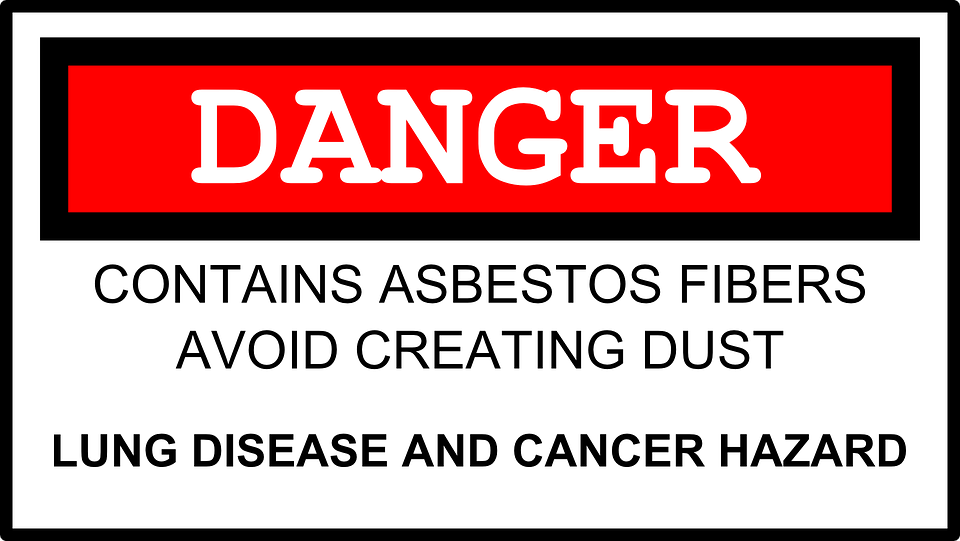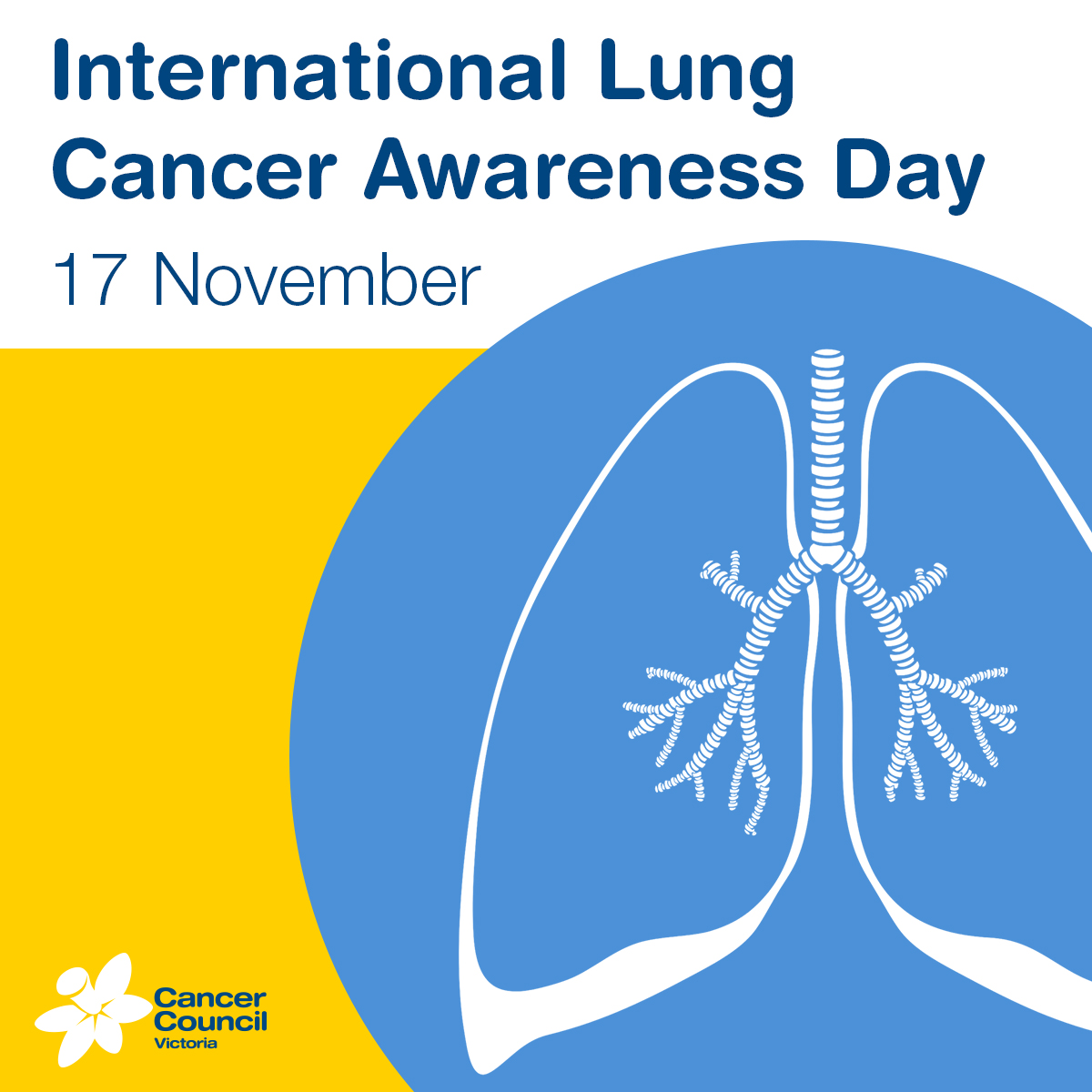With a stiff upper lip approach to grief often being taken by older generations, it is hoped The House By The Marsh, the debut novel by William Blyghton, will help people open up about their feelings of loss and loneliness and make peace with their new found reality.
Set in London and Suffolk, the heartbreakingly delicate story follows the emotional journey of William, a widower, whose wife dies of cancer, after four decades of marriage. Steering clear of well used clichés, like time is a healer, the story dives into the sadness and pain of loss while exploring the sweet sorrow of recovery. It is a breakthrough moment for William when he realises that, ‘Happiness is insatiable and requires feeding, but sorrow is humble and requires only acceptance.’
William’s abandonment issues from childhood and an underlying need for acceptance and love are threaded through the pages of the book to give it context and depth. The writer brings together some of life’s toughest questions and challenges readers, especially men, to look inside themselves for the answers they have been searching for.
The author says, “When you’ve spent many years with someone, your reality is shattered when they die and the loss and feeling of emptiness can be too much to bear. The House By The Marsh is very much a reflection of my own experience of death and I hope this story of acceptance and hope will help others move forwards. Just as an injury to the foot means one always limps a bit afterwards, loss will leave you with pain but you can find an inner peacefulness and even love again.”
He added, “We all deal with loss in a different way but my advice to widows and widowers is to sit with your feelings and let them flourish as you keep a connection with the one you loved so much. Accept your new reality, and you never know, you might be surprised with what you find, just like William.”
Amy Smythe, MBACP (Accred) BA (Hons), PgDip Integrative Counselling & Psychotherapy, from the Centre for Counselling, commented, “There can be a ‘stiff upper lip’ approach to grief often taken by older generations that can make it difficult to share their pain as well as a common but mistaken belief amongst younger generations that older people are more accustomed to and so, somehow, less affected by grief. Articulating your feelings, after a lifetime of ‘getting on with it’ can be such difficult work but the clients I have worked with, especially male clients, found the experience liberating. It enabled them to approach other friends or family and voice their feelings and their needs. They were astonished at the reception they received and how, this shared openness enabled those around them to offer the support they most needed. It is not surprising that William’s difficulties in childhood are woven throughout the book. It often follows that when you support yourself to access and express your feelings, it allows you to explore other moments in your life that were difficult and find a way to become more comfortable with your whole life story. It is crucial that we speak of these themes; love, loss, grief and the incredible human spirit that can flourish even in adversity.”
One reviewer said, “Although this book is about grief and loss and seemingly quite simple, it has a very deep message for humanity and the world: it speaks of love, real unconditional love. It is not a sad book, although I did shed quite a few tears in the reading of it, in fact I would call it a happy book – it certainly has left me with feelings of beauty and peace.”





